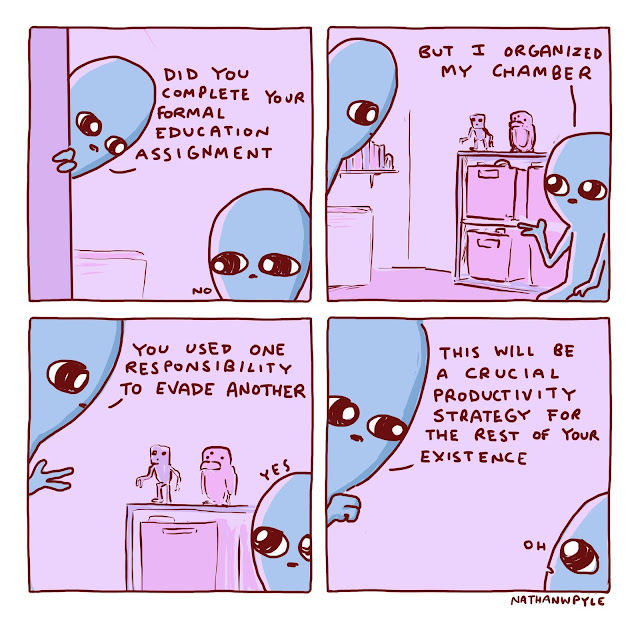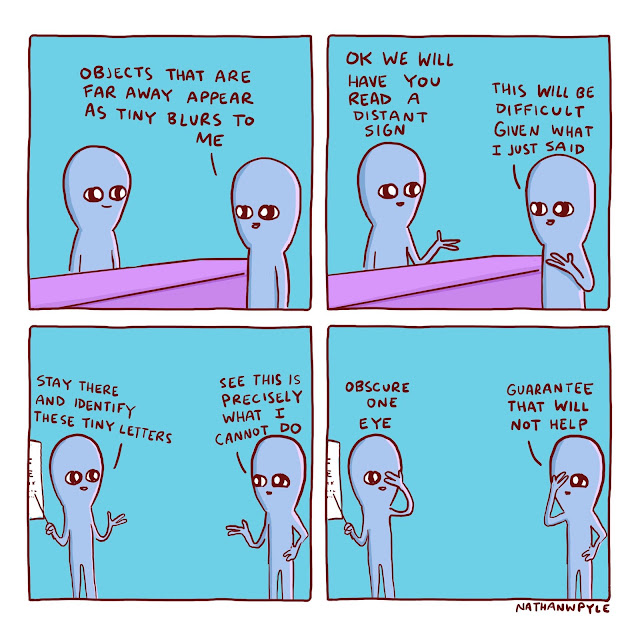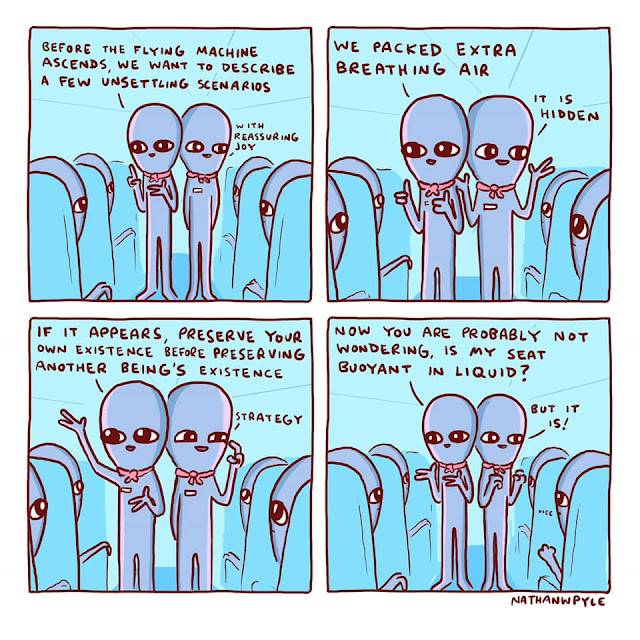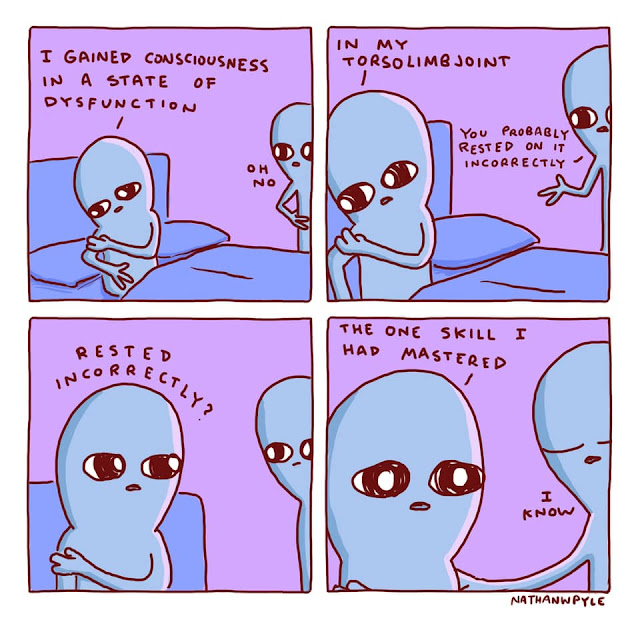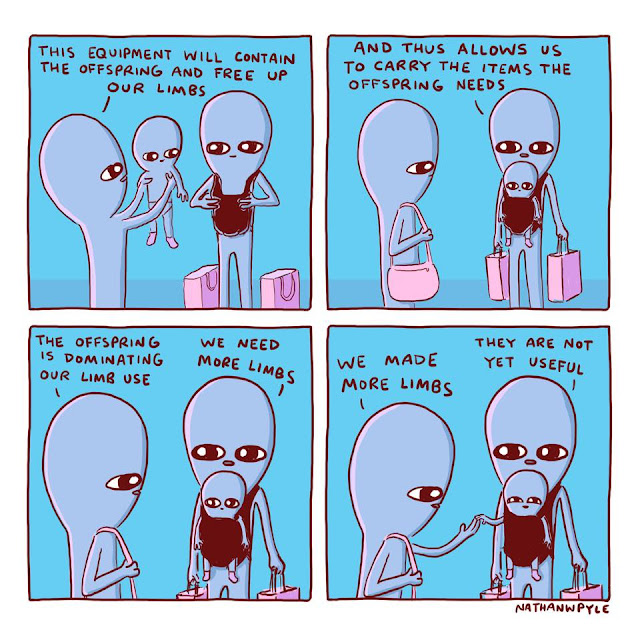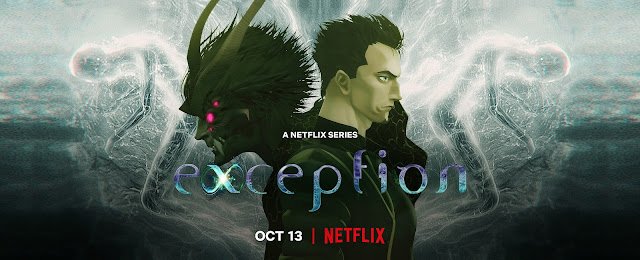An incisive, heartfelt plea for the worth of useless actions
It's usually bad manners to make the review about the reviewer, but this time I'll ask for your indulgence, because this book has touched me on a very personal level. Because my parents had no imagination, they made me study for a business degree. Out of the options they could afford, that one sounded to me like the most dreadful. I melted in hopelessness every time I envisioned what kind of life I would have with that degree, burning my few decades of fresh vigor on this Earth for the Dark Art of transmuting money into more money. I would have given an arm and a leg to study history. Or cinema. Or psychology. Or archaeology. Gosh, how I dreamed of archaeology. But my parents' choice was incontestable, supported by their totally scientific method of reading the classified ads in the newspaper and taking note of which jobs were the most demanded. Their guiding principle, for their lives as well as mine, paid no heed to what was interesting to do, but to what stove off destitution. With a business degree, they promised, the rest of my life would be guaranteed. I tried many times to make them see that that wouldn't be a life worth living, but they didn't even have that concept. So I never let them know, because they didn't deserve to know, how much of my twenties was spent wanting to die.
All those ideas, about the seductiveness of the death drive, about the socially transmitted imperative to not do anything unproductive, about the anxiety that comes with the awareness of our finitude, about the fascinating nature of wasted time, about the tragedy of uncritically accepting a set lifepath, about our need to express a personal meaning in ways that reach beyond practicality, about the unacknowledged extortion that biological urges commit against our freedom, about the emptiness of mere survival, about time's perverse joke at our expense came cascading over me while reading Takashi Ushiroyato's collected manga Before You Go Extinct.
The plot is an extended philosophical dialogue held across six reincarnations between a soul that has bought into the game of animalistic survival, and thus eschews what seems useless, and a soul that safeguards its little private dignity by perfecting some or other pastime as a vehement yet futile protest against a universe that isn't listening. The genius element in this story is that it's told with talking animals. For us humans, the truism that we must create our own meaning has through repetition lost some of its impact. But we still think of animals as beings that exist primarily to obtain food and reproduce; to use their voices lends more impact to the message that we shouldn't feel compelled to abide by the ancestral template that prescribes birth-growth-breeding-death.
For added rhetorical effect, the animals we follow in this story belong to endangered species. These characters think of mortality in terms that exceed the dimension of the personal: every Hawaiian crow, every Japanese otter, every New Zealand kakapo that dies is a cosmic loss. The obligation to obtain food and reproduce nags at them like a ticking bomb, but the plot leads them, in each of those lives, to notice that they don't have to comply with that obligation. There's more to being alive than staying that way. Being a free person implies that you aren't required to find food and reproduce, even if your species depends on it.
We're introduced to a cute, murderous penguin who has figured out that penguins are disappearing, so he decides he may as well speed up the process. The point of this chapter isn't how a penguin manages to acquire dynamite and machine guns; it's why he doesn't kill his roommate, whose way of protesting against the future is to take care of a small rock (which is something real penguins sometimes do when they can't have an egg). In their next life, they're crows debating what's the point of honoring the dead if neither the dead nor the living get any benefit from it (spoiler: benefit is not the point). In their next life, they're otters captured by a circus who rebel against its system that assures their sustenance in exchange for obedience. In their next life, they're another species of otter, torn between fun and responsibility. In their next life, they're kakapos with a passion for music, learning that their song isn't wasted just because it doesn't attract a mate. And in their next life, they're penguins again, this time literally the last two, a parent and an adopted chick, and in their conversations they admit that parenthood isn't inherently heroic. Throughout that journey of spiritual discovery, they're accompanied by their favorite rock, a clear symbol of the useless things that nonetheless we defiantly choose to value.
The implied punch of this story, one comes to realize, is that it was written by a Japanese creator. Before You Go Extinct isn't just a rebuke of longtermism and its mandate to sacrifice the actual for the potential, but more specifically a response to the cultural panic over the demographic shift that is going on in Japan. Governments are treating depopulation as an existential threat that must be countered, but this book makes the case that it's fine if that happens. There's no law of the universe that says your nation has to exist. But rather than a flat "don't have kids," the book proposes that having kids (or not) is a choice that only has meaning if you make if for your own reasons, and you should be honest with yourself about having those reasons instead of pretending it's the natural or patriotic thing to do. To put it in Kantian terms, it's evil to make children exist if they're instruments of someone else's goals, like in this case state goals. And on a more individual level, it's evil to willingly turn yourself into an instrument of a system.
It's a curious feeling to read Before You Go Extinct and notice the usual devices of humorous manga in the middle of hard conversations about what's the point of living (spoiler: having a point is not the point). All the animals are adorable to look at, even while they're enduring full-body burns or driving an armored tank or rehearsing their own funeral or remembering a dead friend's love for ball juggling. That aesthetic choice is a statement by itself: the most hurtful experiences don't negate the possibility of finding beauty. Note that I didn't say finding purpose, or even finding meaning. Those are nice to have. But if you're serious about refusing to be an instrument, finding some beauty, gloriously useless beauty, shall be enough.
Nerd Coefficient: 9/10.
POSTED BY: Arturo Serrano, multiclass Trekkie/Whovian/Moonie/Miraculer, accumulating experience points for still more obsessions.
Reference: Ushiroyato, Takashi (author), Abiko, Kanato (illustrator), Tejima, Yuki (translator), Grandt, Eve (letterer). Before You Go Extinct [Kodansha, 2025].






